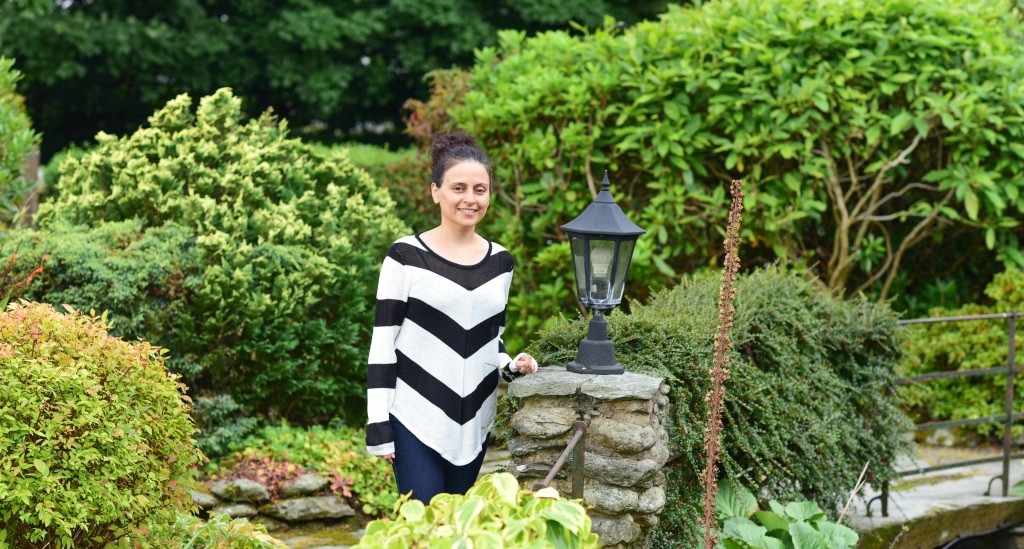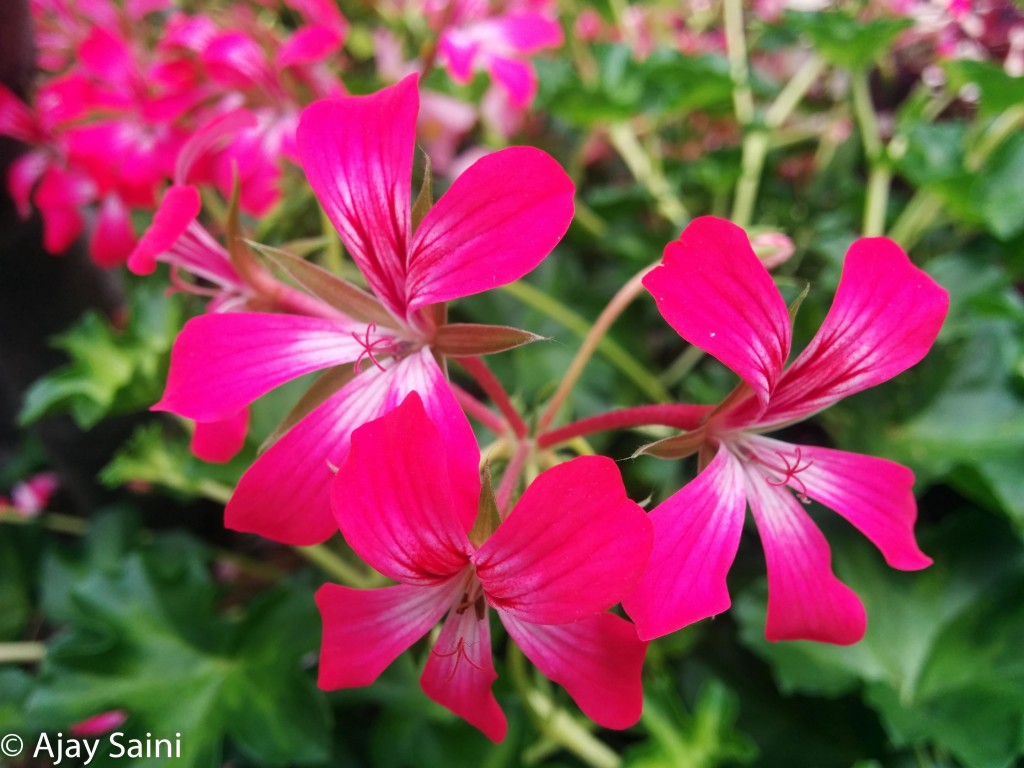 Most of us will agree that raising children can be incredibly difficult, perhaps the most difficult task in life. We know that all children are different—from each other as well as from their parents, even if they share some of the genetic makeup of both sets of Grandparents, Mom, Dad, Sister, or Brother. There is no set way to raise children, no one parenting style that works for every parent and every child. There are, however, tips that professionals and parents alike deem reliable and valuable in most scenarios, with most children.
Most of us will agree that raising children can be incredibly difficult, perhaps the most difficult task in life. We know that all children are different—from each other as well as from their parents, even if they share some of the genetic makeup of both sets of Grandparents, Mom, Dad, Sister, or Brother. There is no set way to raise children, no one parenting style that works for every parent and every child. There are, however, tips that professionals and parents alike deem reliable and valuable in most scenarios, with most children.
- Respect the child. Every child is an individual first and then our child. We need to respect that individuality. Of course we are related to them; we take care of them because we bring them in this world. Instead of giving commands to them to turn into somebody that we are familiar with, we simply need to embrace them as who they are. Please make sure that we guide them according to their needs, not ours.
- Set a Good Example. While the nature versus nurture debate will likely never be settled, it cannot be denied that the way we raise our children has a large effect on how the children turn out. Children learn from what they see, especially when they are very young, and they are great imitators. It is important for parents to model the traits we would like to see in our children.
- Reward Children for Being Good. It is all too easy to catch children misbehaving and then react accordingly—usually by scolding or punishing them. A more effective approach, however, is to take notice when children are doing something right or good and then praise them for that behavior. Positive reinforcement results in continued positive actions.
- Spend Time with Your Children. We are often busy with work, trying to get food on the table, cleaning the house, running errands, etc., but it is important for children to know their parents are willing to make time for them. Sometimes we need to re-organize their social/professional engagements, sleep schedules and personal time in order to be involved in our children’s lives.
- Create and Uphold Rules. Teaching a child at a young age how to behave appropriately will enable that child to know how to behave later in life. With young kids especially, we should know where they are, who they are with, and what they are doing.
- Be Consistent. Rules need to stay the same each day, and they should be routinely enforced. Children can become confused when rules depend on which parent is administering them and if they vary on a daily or weekly basis.
- Provide Presence Instead of Presents. Children benefit more from (positive) attention, praise, love, and doing activities than they do from receiving material items. If we are away often or for extended periods of time, we need to make a point to be more involved in our children’s lives rather than merely offer toys, games, and treats in their place.
- Allow Children to be Independent. While children need direction and parental guidance, they also need to learn from making mistakes and be comfortable in doing things without any assistance. We always need to provide support but also let the children take control of their own lives and take responsibility for their own actions. Once in a while ask them how to solve a certain problem. You’ll be surprised that they can come up with such a simple solutions that we adults can’t even think of. Try!
- Avoid Harsh Punishment. Nobody should never use physical violence to correct a child’s behavior, no matter how egregious the child’s actions may be. Considerable evidence shows a correlation between children who are hit, slapped, or spanked by their parents, have increased likelihood of fighting with other children and being aggressive later in life. According to Neuroscience studies, it damages them for life.
- Mold Your Parenting to Fit Your Child. Every child learns differently and develops at a different rate. Children will most benefit from parenting styles that are personalized to fit their unique requirements, especially as they age and their needs change.
Let’s not forget to take care of ourselves as well. Also, we need to continue to grow along with our growing children. There have been ample studies to prove that the children of stressed out and anxious parents suffer with many emotional, behavioral and social problems, especially when children are in their teens and in their mid 40s-50s. Be the source of love; comfort; wisdom & safety for your children!



